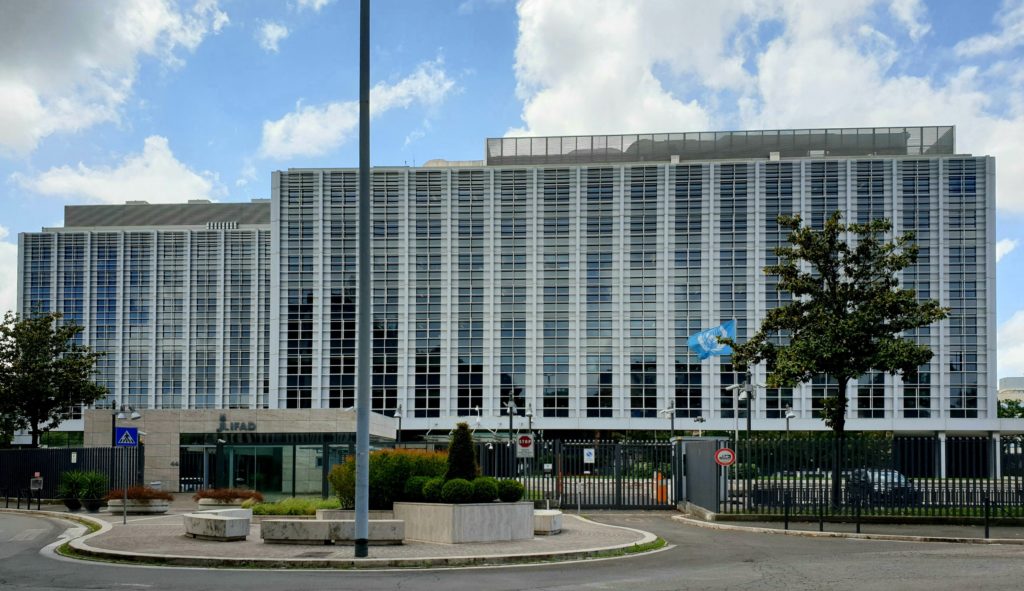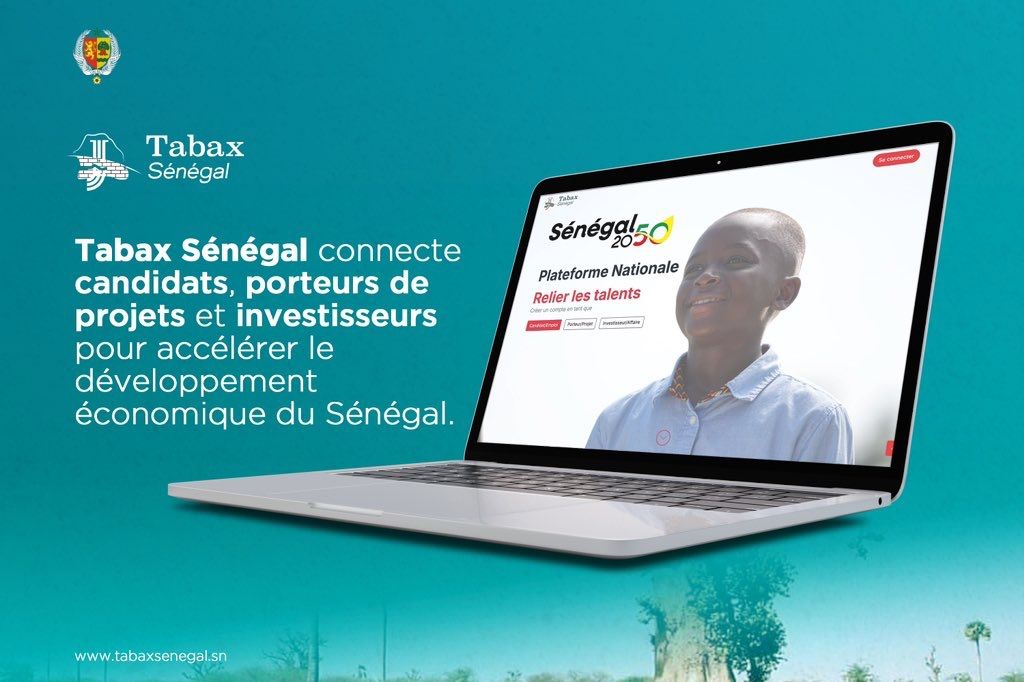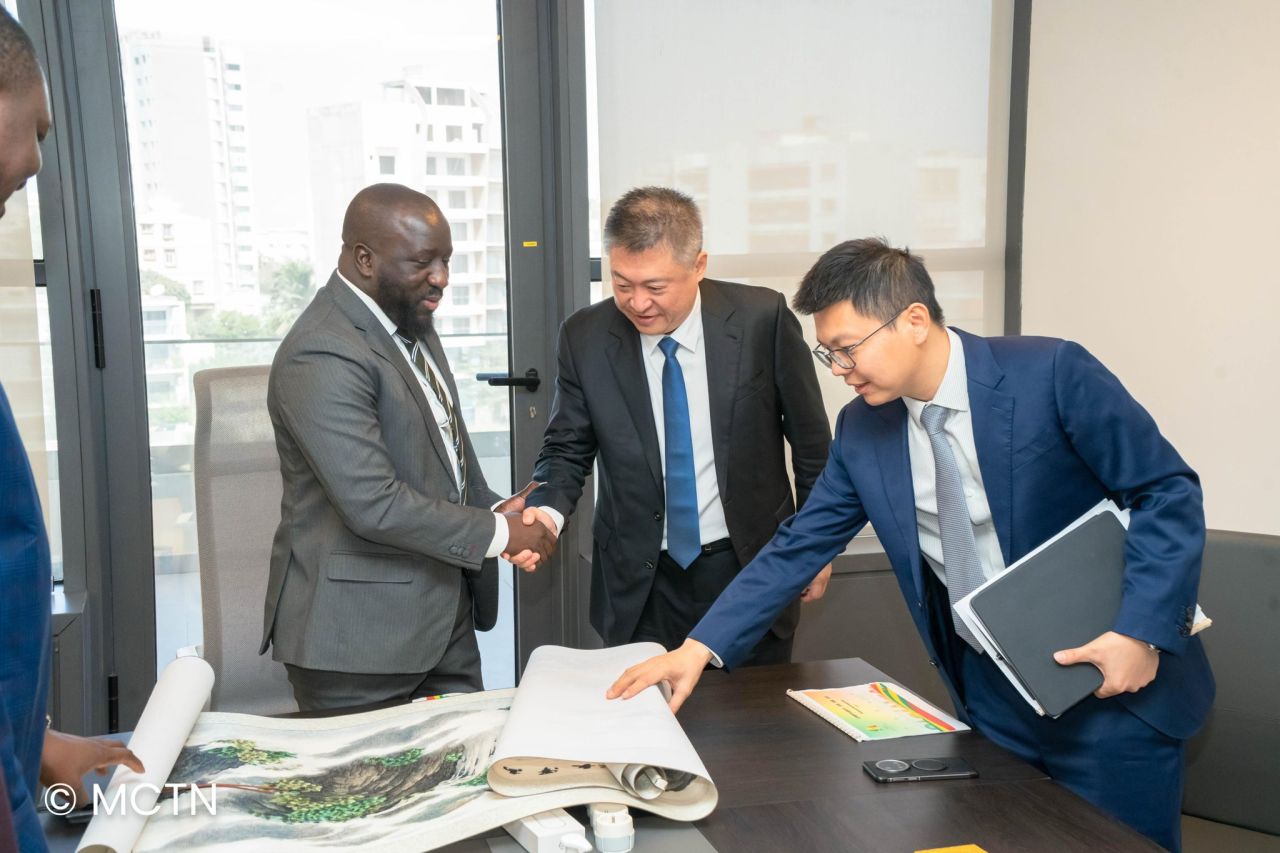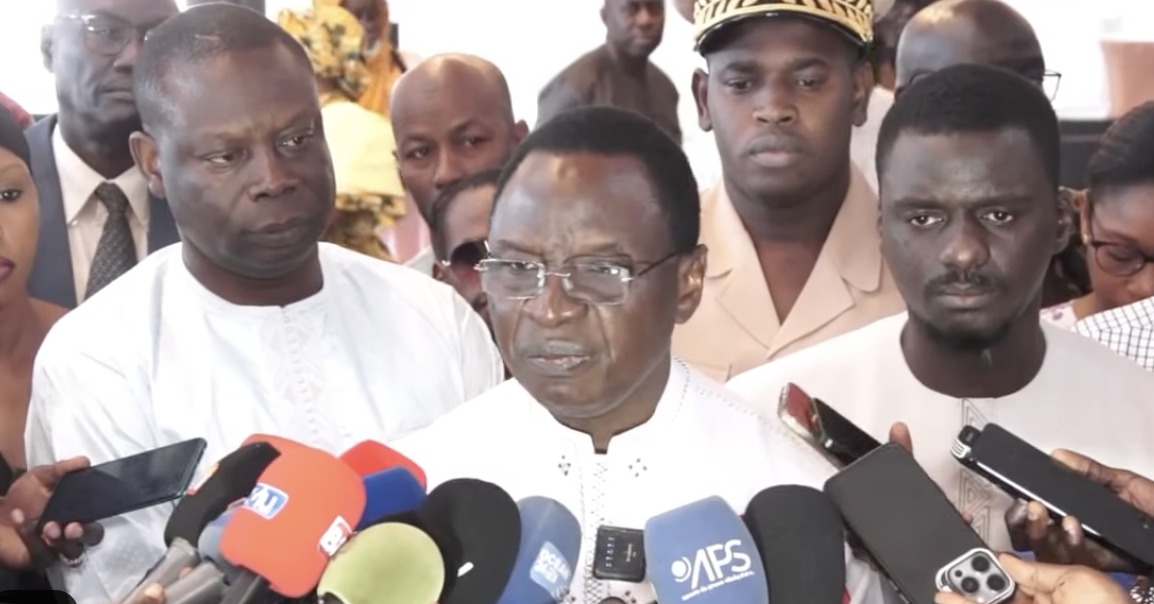The International Fund for Agricultural Development (IFAD) is an international financial institution and a specialized United Nations agency dedicated to eradicating rural poverty and hunger. It does so by investing in rural people. IFAD finances programmes and projects that increase agricultural productivity and raise rural incomes, and advocates at the local, national and international level for policies that contribute to rural transformation.
Post’s organizational accountability
The Strategy and Knowledge Department (SKD) provides expert guidance on IFAD’s strategic direction, thematic priorities, and technical quality of IFAD’s operations. It plays a critical role in providing technical expertise to operational teams to enhance development effectiveness, by generating and disseminating IFAD’s development knowledge and evidence on strategic themes and encouraging innovative application of cutting-edge global knowledge and evidence in IFAD investments to support countries tackle their most complex development challenges in fostering inclusive and sustainable rural transformation. SKD is composed of the (i) Environment, Climate, Gender and Social Inclusion Division (ECG); the (ii) Sustainable Production, Markets, and Institutions Division (PMI); and the (iii) Research and Impact Assessment Division (RIA).
ECG takes the lead in mainstreaming cross-cutting themes of environmental sustainability and climate change resilience, nutrition-sensitivity, gender equality and women’s empowerment and inclusion of rural youth and indigenous peoples through an integrated approach. The Division is the technical authority for each of these themes and:
- leverages global best practices to develop, update and implement the strategies, policies, procedures and products related to the aforementioned themes to ensure IFAD remains a trusted and valued partner.
- collaborates with Regional Divisions in the development of technically sound programmes and operations to safeguard and to strengthen the quality of IFAD’s operations to improve impacts.
- generates and disseminates IFAD evidence-based practices and knowledge on the mainstreaming themes, raises awareness and builds technical capacity, and supports national, regional and global policy engagement.
- identifies and builds partnerships with key technical institutions of excellence, develops and maintains key thematic networks to assist IFAD operations.
- conducts thematic research and prepares reports on these mainstreaming themes for corporate use or positions papers.
- leads mobilizing financing to support mainstreaming efforts and to scale-up operations.
The Social Inclusion Officer provides professional technical assistance and fosters knowledge management and partnership building, through an integrated approach, to increase gender equality, women’s empowerment, the inclusion of youth and indigenous people (social inclusion) and improved nutrition impact of IFAD’s portfolio (loans, grants, and policy engagement) related to these thematic areas. Accountabilities/key results expected are:
- Technical and Country Programme Advice
- Knowledge Management and Capacity Building
- Monitoring, Evaluation and Reporting
- Partnership Building and Resource Mobilization
- Managerial Function
The Social Inclusion Officer works under the overall strategic, policy and management guidance of the Division Director and the Regional Director of the Regional Division to which s/he is mapped. S/he works under the direct supervision of the Lead Technical Specialist (Social Inclusion Cluster Coordinator), with dual reporting to the respective Country Director/Head of the IFAD Sub-regional Hub. S/He works in close cooperation with the all Technical Specialist in the Social Inclusion Cluster as well as with other Technical Specialists and Country Programme Managers to ensure consistency, cohesion, and synergy in the application of technical advice and provision of programme development support facilitating knowledge flows and building of communities of practice.
Social Inclusion Officer may be required, but not extensively, to travel outside of their own country to perform the work of the Organization.
Key results expected / Major functional activities
Technical and country program advice: On the basis of seasoned technical knowledge and analysis of current thematic conditions, emerging development challenges and the state of rural poverty at the assigned country level, the Social Inclusion Officer provides sound technical advice to improve the capacity of IFAD to address rural poverty, to enhance national government policies and programmes and to ensure IFAD is regarded as a trusted and valued partner facilitating the mainstreaming agenda and providing the technical advice on cross-cutting themes within his/her area of expertise. Accountabilities may include:
- Supporting the design and implementation of operational commitments and programs related to: i) IFAD’s Policy on Gender Equality and Women’s empowerment; ii) IFAD Targeting Policy; iii) IFAD Policy on Engagement with Indigenous peoples; iv) IFAD youth action plan; (v) IFAD Nutrition Action Plan; (vi) IFAD’s framework for implementing transformational approaches to the mainstreaming themes; and (vii) IFAD’s Social, Climate and Environment Assessment Procedures.
- Advising and technical backstopping of IFAD-financed projects and COSOPs;
- Reporting on progress of projects, paying special attention to projects requesting special assistance during implementation;
- Supporting policy engagement on mainstreaming topics in the countries of the region.
Knowledge management and capacity building: The Social Inclusion Officer enhances the development of viable and sustainable policy and project development at the country-level through seasoned technical knowledge sharing for his/her area of specialization. S/He will ensure country-level access to the latest sources of knowledge and innovation, strengthen national technical capacity, and establish new knowledge and advisory partnerships. S/he captures and uses more systematically IFAD’s field experience to better link impact evaluation to corporate and regional M&E work and integrate impact assessments, M&E and good practice findings into corporate learning opportunities to allow for cross-regional learning. Accountabilities may include:
- Collecting, documenting and reporting of good practices;
- Developing and disseminating knowledge products, operational tools and guidelines;
- Assisting in impacts assessments of selected projects;
- Supporting the development and management of network(s) of Social Inclusion and Nutrition focal points from IFAD-funded projects and practitioners at regional level, and contributing to IFAD global KM processes in coordination with the social inclusion team;
- Facilitate and provide technical support on social inclusion and nutrition-sensitivity capacity development and training, through an integrated approach, to support project staff, national partners, and service providers.
Partnership building and resource mobilization: The Social Inclusion Officer establishes and maintains a network of peer contacts inside and outside IFAD to keep up-to-date on activities to support joint advocacy at the country level and for knowledge sharing to enhance the Fund’s profile as a highly competent and viable partner in development and mainstreaming cross-cutting themes into IFAD country programmes. Accountabilities may include:
- Identifying key organizations and institutions to assist IFAD-financed projects in Social Inclusion-related and nutrition-sensitivity related assessments and analyses;
- Liaising with national social inclusion and nutrition officers/focal points, and providing technical support and backstop, including linking up these focal points to local expertise, as required.
- Assisting in organizing country-level events on IFAD-financed project experiences and results related to social inclusion and nutrition-sensitivity with the country partners.
Monitoring, evaluation and reporting: The Social Inclusion Officer contributes to managing the monitoring, evaluation and reporting of technical activities and components of programs/projects to enhance country level programme and funding decisions based on accurate technical data. Accountabilities may include:
- Participating in selected design, supervision and impact assessments missions;
- Contributing to evaluation processes as required;
- Contributing to social inclusion and nutrition aspects of portfolio reviews and analysis.
Managerial functions: The Social Inclusion Officer is accountable for integrity, transparency, and equity in the management of IFAD resources. This may include management of consultants and staff under his/her purview.
Impact of Key results / Key performance indicators
Assignments require the provision of seasoned technical expertise and input for the full programme/project cycle as well as in knowledge sharing with peers and counterparts. The work goes beyond technical analysis and synthesis to include substantive inputs to project methodology and design of projects, knowledge sharing among peers and counterparts to enhance cooperation, complementarity and synergy and monitoring and evaluation to measure and report on lessons learned and best practices. The work is considered moderately complex requiring in-depth technical analysis and reporting. Typically, the Gender & Social Inclusion officer may be reviewed for technical accuracy, but more typically is reviewed for achieving the established work plan.
Representation / Work relationships
The work relationships of Social Inclusion Officer are primarily for the exchange of information regarding development projects. Information-gathering and exchange in support of studies and thematic assignments may also include identifying reliable sources and establishing guidelines for obtaining information on national and sub-regional conditions and to convey methodological approaches and operational experience for implementation of activities undertaken on behalf of the Fund.
Job requirements
Organizational
- Strategic thinking and organizational development: Personal influence (Level 1)
- Demonstrating Leadership: Personal leadership and attitude to change (Level 1)
- Learning, sharing knowledge and innovating: Continuously seeks to learn, shares knowledge and innovates (Level 1)
- Focusing on clients: Focuses on clients (Level 1)
- Problem solving and decision making: Demonstrates sound problem solving and decision-making ability (Level 1)
- Managing time, resources, and information: Manages own time, information, and resources effectively (Level 1)
- Team Work: Contributes effectively to the team (Level 1)
- Communicating and negotiating: Communicates effectively: creates understanding between self and others (Level 1)
- Building relationships and partnerships: Builds and maintains effective working relationships (Level 1)
- Managing performance and developing staff: Manages staff and teams effectively (Level 1)
Technical/Functional
- Technical expertise on poverty analysis, social inclusion and nutrition-sensitivity for the design and implementation support of development project and programmes (preferably investments).
- Ability to provide technical guidance/knowledge to different audiences.
- Ability to listen and respond to client needs.
- Ability to analyze, report, monitor and document new field-level methodologies and techniques in poverty analysis, social inclusion and improved nutrition.
- Ability to contribute to team work.
- Produces structured and analytical reports.
- Captures experience and knowledge from IFAD portfolio in the region for knowledge products development and wider dissemination.
- Effectively applies project management tools and techniques.
- Interdisciplinary approach to work.
- Ability to work well with multi-cultural teams.
- Ability to set out a coherent argument in writing, presentations, and group interactions.
- Good working knowledge of Windows-based computing, and electronic communication.
Minimum recruitment qualifications
Education
- Advanced university degree from an accredited institution in the field of specialization, e.g. social sciences, gender studies, sociology, economics, human or development geography, rural development, nutrition/public health. An advanced university degree may be substituted by a first university degree (Bachelor or equivalent) plus at least four additional years of relevant professional experience, over and above the minimum number of years of experience.
Experience
- At least 5 years progressively responsible experience in, and demonstrated understanding of, poverty analysis, social inclusion (gender equality and women’s empowerment, inclusion of youth and indigenous peoples) and improved nutrition issues in rural development initiatives.
- In-depth technical expertise, demonstrated by substantive work experience, and solid understanding of social inclusion and improved nutrition issues and impacts on rural development, ideally acquired by working on rural development or poverty reduction projects.
- Access to networks of technical and professional resources and expertise which can be brought to bear to IFAD’s work on gender and social inclusion.
Language requirements
Excellent written and verbal communication skills in French and English are required, an additional official language will be an advantage.
Other information
Applicants should note that IFAD staff members are international civil servants subject to the authority of the President of IFAD, and they may be assigned by him/her to any of the activities of IFAD, including field assignments and/or rotation within IFAD.
In the interest of making most cost effective use of funds and resources, we are only able to respond to applicants who are short-listed for interview. Candidates who do not receive any feedback within three months should consider their application unsuccessful
Candidates may be required to take a written test and to deliver a presentation as well as participate in interviews.
Application deadline: June 20th, 2020.
Postuler ici job.ifad.org








